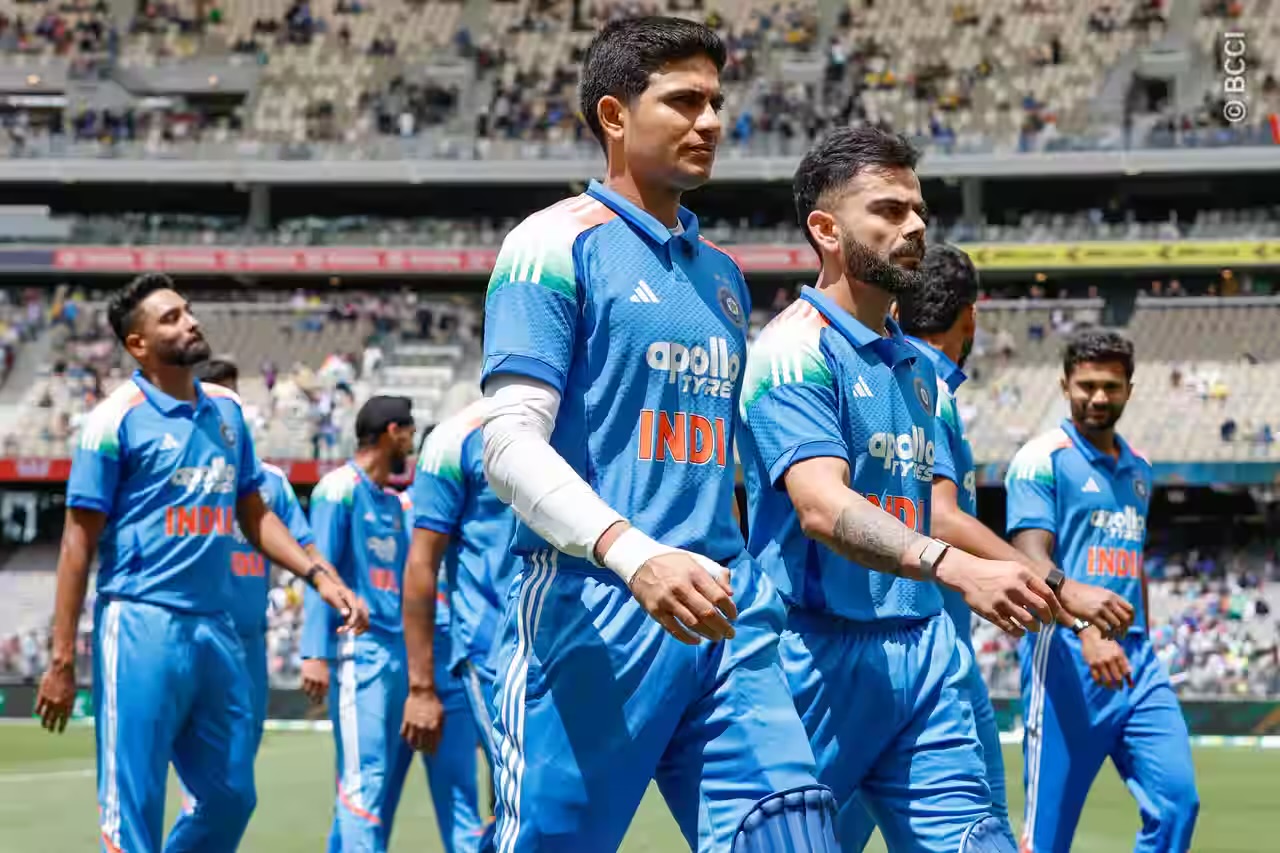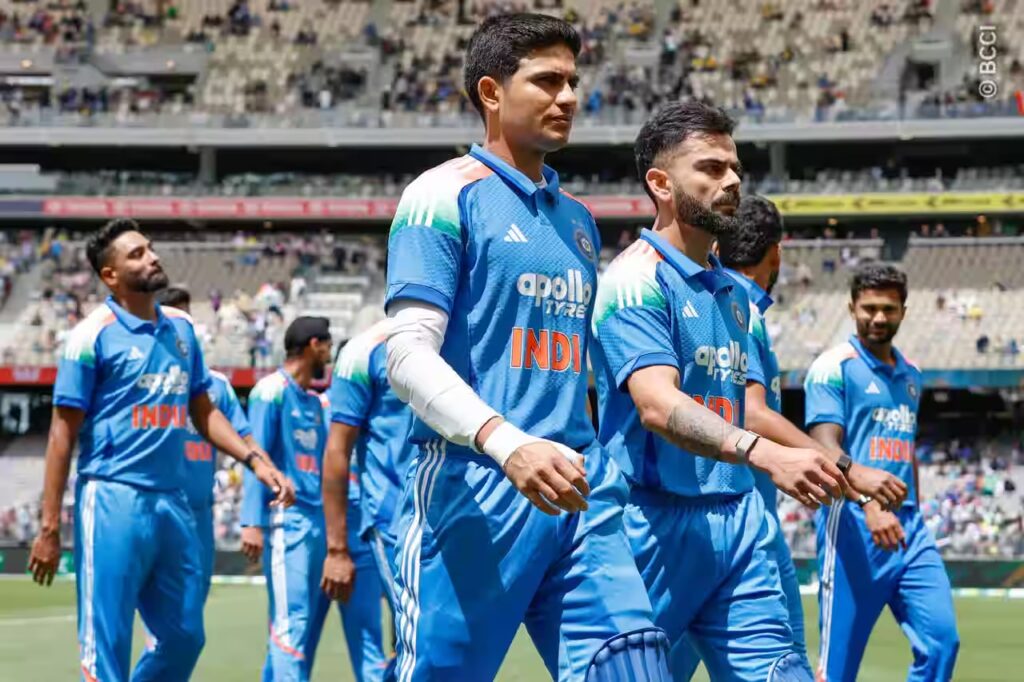
When Chris Broad, former England opener and long-serving match referee for the International Cricket Council (ICC), recently disclosed that he was instructed to be “lenient” towards India’s men’s cricket team over slow-over-rates – he claimed he was told to “find some time because it’s India” – the remark resonated far beyond one discrete case of officiating. It quietly dropped open the door to an uncomfortable truth: the global hierarchy of world cricket is still haunted by colour, power and politics, and India sits, paradoxically, both as subject and object of that hierarchy.
Broad’s claim is simple yet seismic. He says that as an ICC match referee, he received ex-officio, behind-the-scenes instructions to exercise leniency towards India in over-rate penalties. The language is troubling: “find some time because it’s India” effectively means “we will give you wiggle-room because this nation matters more”. He frames it as internal politics, not merely random preferential treatment.
Why does it matter? Because the essence of fairness in sport lies in consistency and in equal treatment of all parties. When that consistency is compromised, it undermines the integrity of the institution. In cricket’s case, the institution is not just matches, but the grading, rankings, discipline, officiating, broadcast rights, money-flows and narrative control. Broad’s revelation hints that for one major player, the system was effectively rigged in one direction, not towards punishment but towards privilege.
It’s worth asking – Why did Broad choose to reveal this now, and why has the ‘politics’ favouring India remained largely unspoken until now? As a referee in the ICC system, calling out the system invites retribution or black-balling. Broad’s contract was not renewed in 2024. What Broad didn’t explicitly say is why the leniency existed. The implication, however, is clear: India’s financial-commercial and political weight in the ICC. He also didn’t quantify how many cases, how consistent the pattern was, or how other nations were treated.
Broad is not someone who silently accepted orthodoxy. His playing days and refereeing tenure show a pattern of friction with authority which helps explain why his revelations carry weight. In his Test-playing career (25 Tests for England, 1984-1989) he was noted for his “fiery demeanour at the crease”. On the 1987 Pakistan tour, he famously refused to walk after being given out caught behind – a minute elapsed before captain Mike Gatting intervened.
He once knocked his stumps out of the ground after being bowled, in the 1988 Bicentennial Test in Sydney, and was fined the maximum permitted (£500) by the tour manager. As a match referee, he also took a public stance on security in the 2009 Lahore attack on the Sri Lankan team, when he said he and the officials were “left like sitting ducks”.
All of this demonstrates that Broad’s relationship with authority has always been uneasy. He has shown a willingness to blow the whistle, albeit indirectly, and to hold powerful bodies to account. This raises questions about the timing of these revelations and is reflective of inherent bias.
During India’s tour of South Africa in 2001-2002, Mike Denness – an English ex-cricketer turned match referee – punished six Indian players, including a one-match suspension for Sachin Tendulkar, for alleged ball-tampering. The Indian media and public viewed it as racially motivated and part of “old world vs new world” dynamic. In the 2nd Test of the 2007-08 Australia-India series in Sydney, many controversial decisions went against India. Steve Bucknor later admitted to two mistakes that might have cost India the match.
These cases show that bias in cricket governance and officiating is multi-dimensional: it’s not simply “white vs non-white” in a straightforward sense. The sport’s architecture still carries colonial-era power structures – white-Anglo governance, Western umpires, elite panels – but the axis of “power” is shifting, with India, the BCCI and its commercial weight.
For all the noise his revelations have stirred, Broad’s comments tell us more about him than about India. The timing after retirement, after decades of quiet compliance, reeks of selective conscience. It is easier to point fingers at India now than it was to speak up when the corridors of power were white and insular. In the end, Broad’s “truth” is tainted by the very bias he claims to expose.
Yet, even as we dismiss the moral theatre of his disclosure, the episode must serve as a mirror for cricket’s custodians. The game’s credibility rests not on who wields influence, but on whether fairness is seen, and felt, to be universal. Greater scrutiny, transparency, and accountability must follow, not to placate the critics, but to protect the reputation of a sport that still calls itself a gentleman’s game!
For more follow RevSportz




